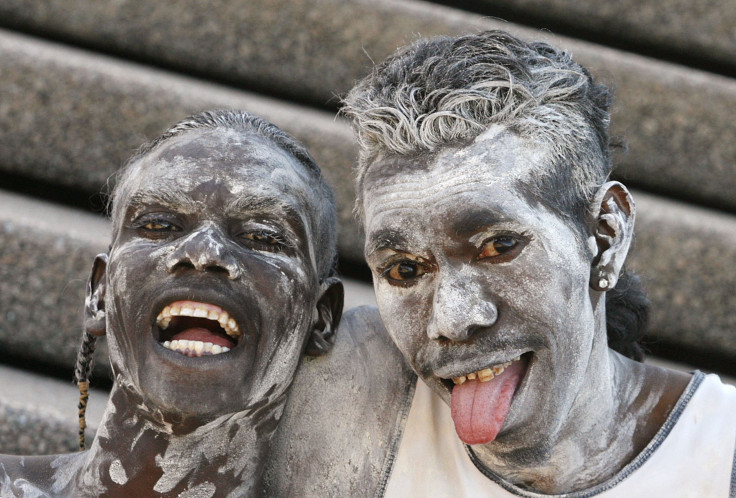Australia among top 10 happiest countries in the world
Denmark is the happiest place, while Burundi lands on the last spot

Australia emerged to be one of the world’s happiest places, according to a report released on Wednesday. Denmark took the top spot, overtaking Switzerland which was declared last year as the happiest country.
Denmark reclaimed the title after being the first on the list for two consecutive years in 2012 and 2013. This year, Switzerland, Iceland, Norway and Finland rounded up the top five. They are followed closely by Canada, the Netherlands, New Zealand, Australia and Sweden, according to the fourth edition of the World Happiness Report, prepared by the Sustainable Development Solutions Network, or SDSN and the Earth Institute at Columbia University.
The report ranks 157 countries by happiness levels using factors, such as differences in social support, healthy years of life expectancy and GDP per capita. Trust, as measured by a perceived absence of corruption in government and business, perceived freedom to make life decisions and generosity were also considered in the ranking.
At the bottom of the list was Burundi, where its residents are struggling from a violent political crisis. Syria, Togo, Afghanistan, Benin, Rwanda, Guinea, Liberia, Tanzania and Madagascar rounded up the 10 least happy places on earth to live. These countries were considered poor and have been destabilised by war or disease.
For the first time since the World Happiness Report was produced in 2012, the authors gave a special role to the measurement and consequences of inequality in the distribution of well-being among countries and regions. The report found that inequality of well-being provides a broader measure of inequality than income and wealth.
“They find that people are happier living in societies where there is less inequality of happiness. They also find that happiness inequality has increased significantly in most countries, in almost all global regions, and for the population of the world as a whole,” according to the SDSN statement.
Other notable rankings include: the US, which landed on the 13th place, Britain at 23rd, France at 32nd, and Italy at 50th. Of the world's most populous nations, China was 83rd and India at 118th.
“Measuring self-reported happiness and achieving well-being should be on every nation’s agenda as they begin to pursue the Sustainable Development Goals,” said Jeffrey Sachs, director of the Earth Institute at Columbia University. “Indeed the Goals themselves embody the very idea that human well-being should be nurtured through a holistic approach that combines economic, social and environmental objectives. Rather than taking a narrow approach focused solely on economic growth, we should promote societies that are prosperous, just, and environmentally sustainable.”
The World Happiness Report was released ahead of the UN World Happiness Day, which will be celebrated on March 20.





















